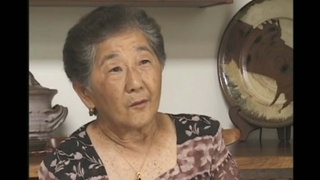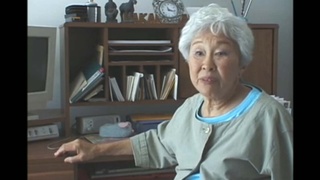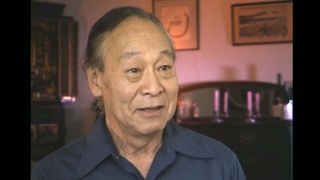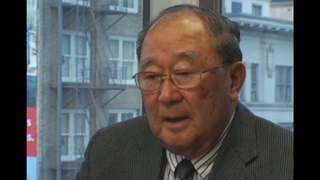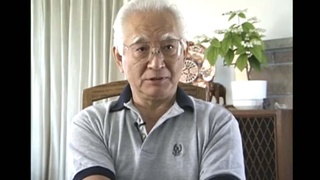Entrevistas
Explore More Videos
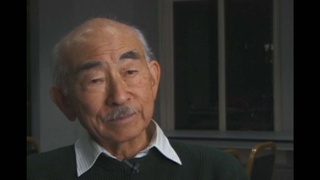
en
ja
es
pt
Reacción al discurso pronunciado en 1942 por Mike Masaoka, Secretario Nacional de la Liga de Ciudadanos Japoneses Americanos (Inglés)
(n. 1915) Florista nisei que se reasentó en la ciudad de Nueva York después de la Segunda Guerra Mundial. Activo en el movimiento por los derechos civiles japoneses-estadounidenses
en
ja
es
pt

Noticias del sitio
APOYE EL PROYECTO


La campaña 20 por los 20 de Descubra a los Nikkei celebra nuestros primeros 20 años y comienza los próximo 20. ¡Aprenda más y done!
COMPARTE TUS RECUERDOS


Estamos recopilando las reflexiones de nuestra comunidad sobre los primeros 20 años de Descubra a los Nikkei. ¡Consulta el tema de este mes y envíanos tu respuesta!
ACTUALIZACIONES DEL PROYECTO


Nuevo diseño del sitio
Mira los nuevos y emocionantes cambios de Descubra a los Nikkei. ¡Entérate qué es lo nuevo y qué es lo que se viene pronto!
Mira los nuevos y emocionantes cambios de Descubra a los Nikkei. ¡Entérate qué es lo nuevo y qué es lo que se viene pronto!

